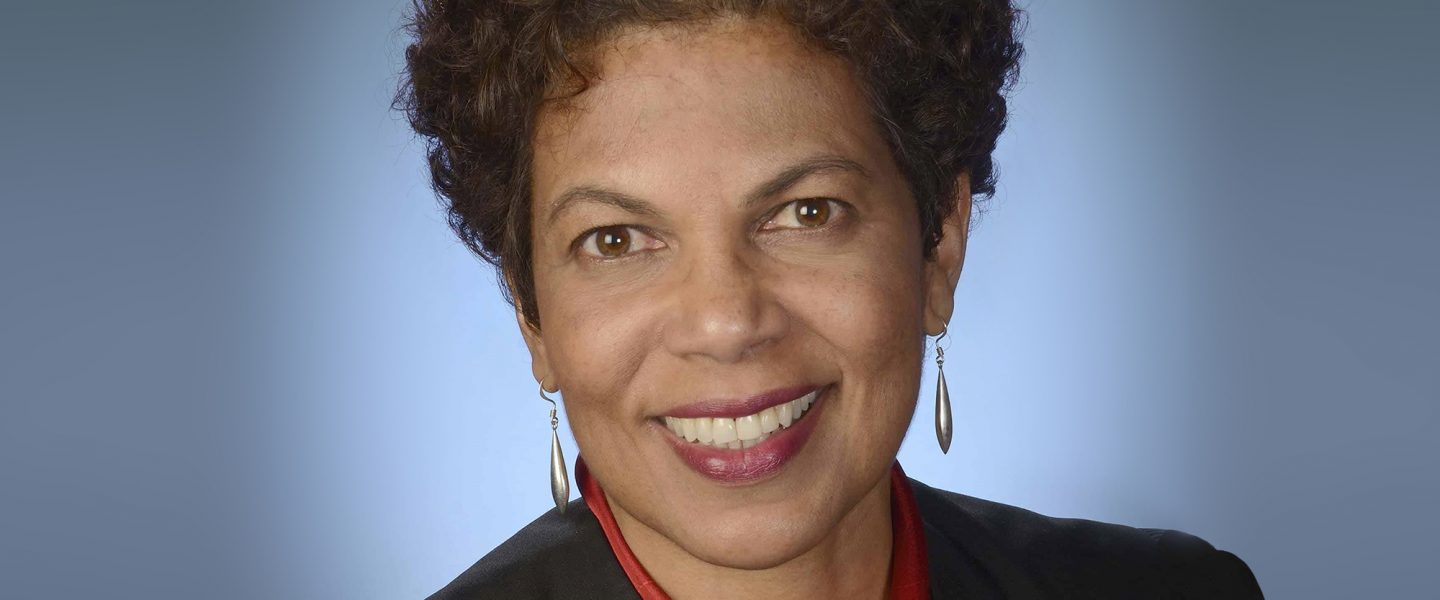In a Self-Own, Trump’s Lawyers Want Judge in Coup Trial to Step Aside
On Monday, Donald Trump’s lawyers filed a motion asking Tanya Chutkan to recuse herself from the proceedings citing some of the comments she made in other January 6 cases.
|
Listen To This Story
|
In some of the previous cases related to the January 6 insurrection that Donald Trump incited, Judge Tanya Chutkan has dished out long sentences for those found guilty of storming the Capitol. Naturally, in the eyes of the former president, that makes her a not-so-ideal person to oversee the federal trial in which he stands accused of trying to overturn the 2020 election.
As a result, Trump’s lawyers on Monday filed a motion to ask that Chutkan recuse herself from the proceedings citing some of the comments she made in these other cases.
They specifically point to statements Chutkan made when sentencing two of the many people who, after following Trump’s call to come to Washington, DC, invaded the Capitol for the purpose of preventing the certification of Joe Biden’s election following his victory over Trump.
In both cases, the defendants had pointed out that they only committed their crimes because they had been lied to by Trump and others who claimed the 2020 election was stolen.
The motion is centered around what Chutkan said to address these points.
“Mr. Palmer — you have made a very good point, one that has been made before — that the people who exhorted you and encouraged you and rallied you to go and take action and to fight have not been charged,” Chutkan said in one of those cases involving a man she sentenced to five years in prison for assaulting police officers on January 6.
“That is not this court’s position. I don’t charge anybody. I don’t negotiate plea offers. I don’t make charging decisions. I sentence people who have pleaded guilty or have been convicted,” the judge added. “The issue of who has or has not been charged is not before me. I don’t have any influence on that. I have my opinions, but they are not relevant.”
What’s curious about including this quote in the motion, and a bit of a self-own, is that Chutkan does not actually mention Trump.
In effect, the former president’s lawyers seem to stipulate that it is their client who sparked the insurrection, which is a fair assessment because he did.
The same is true for the second statement Trump’s attorneys cite.
“The people who mobbed that Capitol were there in fealty, in loyalty, to one man — not to the Constitution, of which most of the people who come before me seem woefully ignorant; not to the ideals of this country; and not to the principles of democracy,” Chutkan said. “It’s a blind loyalty to one person who, by the way, remains free to this day.”
It’s tough to argue with the accuracy of that statement.
Once again, Chutkan was responding to the argument the defendant made to plead for leniency, i.e., that she did not act on her own accord but rather felt compelled to partake in the insurrection because Trump told her to do so.
The reason why the motion is likely to fail, which Trump will then claim is further evidence of bias, is that the comments Chutkan made came in official proceedings and not, for example, at a dinner party where she told friends that she will “nail that 6’3”, 215 lbs. son of a gun.”
While the law requires a federal judge to “disqualify himself in any proceeding in which his impartiality might reasonably be questioned,” the Supreme Court has held in Liteky v. United States that this does not pertain to statements a judge made during “official proceedings,” like in this case.
Essentially, if a judge hands down a harsh sentence against a convicted rapist and says in her sentencing that rape is abhorrent, then the next defendant who is charged with rape and appearing before that judge cannot ask for her to step aside on the basis that she is biased against rapists.
It stands to reason that Trump’s lawyers know this and only filed the motion because they are trying to gum up the works as much as possible and create a perception that the former president is, once again, the victim of some unspecified conspiracy.
And then, if he gets convicted, maybe some gullible idiots will storm the courthouse.
It’s a strategy that has worked for Trump before.

